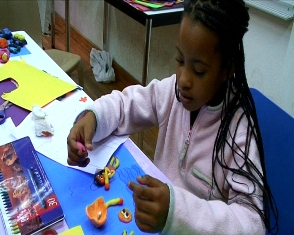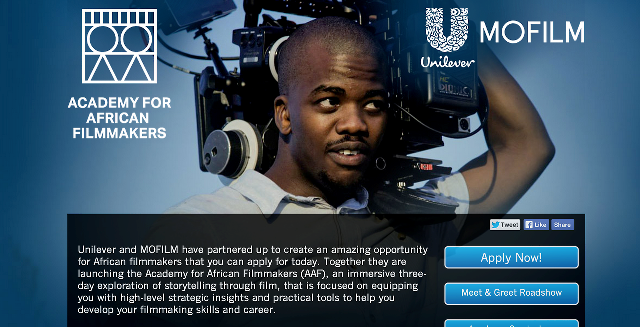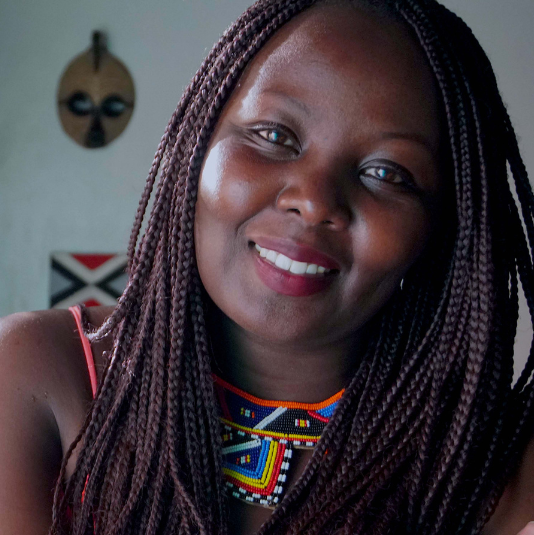By Ogova Ondego
Published April 10, 2012
The Mohamed Amin Foundation Broadcast Television Training Centre in Nairobi, Kenya, will in August 2012 offer short courses in camera, sound, lighting and editing for any one “interested in garnering the basic skills required to shoot and edit documentary-style programmes and narrative films.”
The course, to run August 13-31, 2012, is planned to accommodate 12 participants who will each pay US$2000 for the experience.
According to a media release issued in Nairobi, the institution, that has been conducting broadcast television training since 1998, will cover various aspects of the television medium from analogue to digital formats and systems; technical understanding of camera and sound recording; understanding of light and its use in Documentary and Filmmaking; and post-production editing using Final Cut Pro.
Though running over a short period, the planned course appears to be quite comprehensive and covers almost every aspect of camera, sound, lighting and editing.
The detailed curriculum is as follows:
Week 1 -Technical understanding of the television medium from analogue to digital formats and systems .Technical understanding of camera recording – shooting skill development with one piece cameras . Technical understanding of sound recording equipment – skill development in using microphones and mixers.
– Understanding PAL/NTSC/Standard Definition/High Definition/Aspect
Ratios/Codecs/Compression/File Formats.
– Hand-held shooting techniques and skill development
– Understanding composition elements and subtext
– Understanding the audio signals, balanced and unbalanced
– Demonstrations and practical skill development using sound mixers and
microphones to record quality audio on location and in the post-production process.
RELATED: Tourism and Travel Studies University Launched in Zambia
– Demonstrations in the advanced functioning of broadcast television lenses,including manual iris adjustment for exposure, manual focusing techniques and the use of test equipment to gain broadcast safe exposed video.
Week 2 – Understanding Light and its use in Documentary and Filmmaking. Using camera support systems. Utilizing techniques practiced in Week 1, participants would light and shoot sequences for documentary and narrative film that will be used in week 3 for the editing process.
– Understanding light, colour and the use of lighting equipment.
– Understanding of camera support systems and skill development in their use.
– Skill development in lighting interviews and film scenes
– Shoot news/documentary picture sequences to be used during week-3 in editing.
– Light and shoot interviews that can be combined during week-3 in editing.
– Understanding scriptwriting formats for documentary and narrative film
– Crew positions and work flow on a film set
– Light and shoot a scene from a narrative film that can be used in week-3 in editing.
RELATED: Eastern Africa’s Cultural Journalism Mentorship Programme Comes of Age
Week 3 – Post-production editing using Final Cut Pro in our 12-seat Apple Mac laboratory.
– Introduction of the Interface
– Digitizing footage
– Edit sequences & interviews shot in week 2.
– Edit film scene shot in week 2.
 The Course will be delivered on:
The Course will be delivered on:
– Cameras supplied by MoFORCE Training
– Mac G5 computer lab using Final Cut Pro
– Professional Audio & Lighting Equipment
Admission and Enrolment is on a ‘first-paid, first-served’ basis.





hae, do you guys offer stage lighting course?